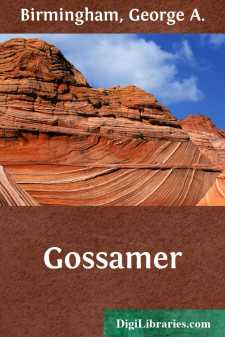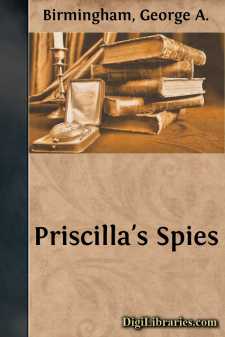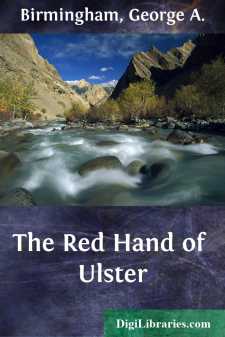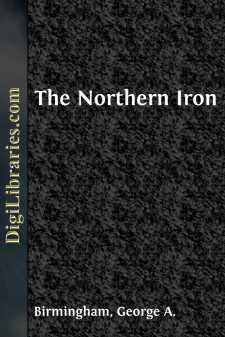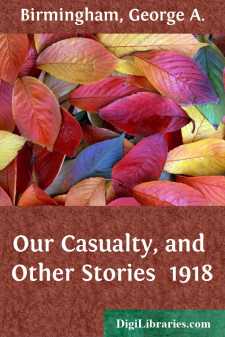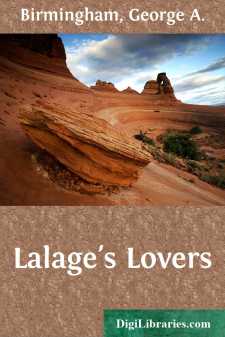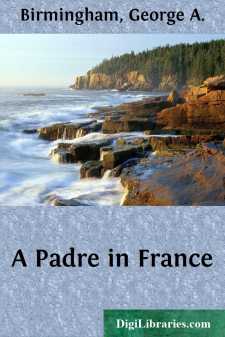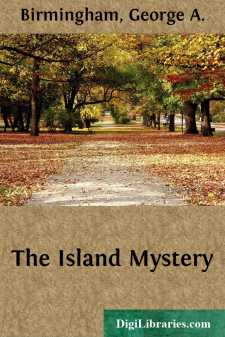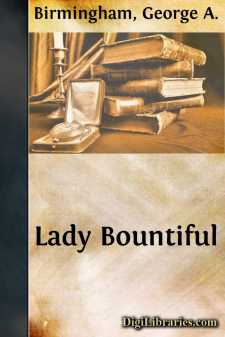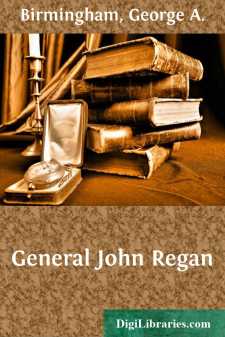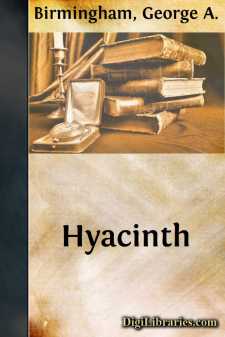Categories
- Antiques & Collectibles 13
- Architecture 36
- Art 48
- Bibles 22
- Biography & Autobiography 816
- Body, Mind & Spirit 145
- Business & Economics 28
- Children's Books 17
- Children's Fiction 14
- Computers 4
- Cooking 94
- Crafts & Hobbies 4
- Drama 346
- Education 58
- Family & Relationships 59
- Fiction 11834
- Foreign Language Study 3
- Games 19
- Gardening 17
- Health & Fitness 34
- History 1378
- House & Home 1
- Humor 147
- Juvenile Fiction 1873
- Juvenile Nonfiction 202
- Language Arts & Disciplines 89
- Law 16
- Literary Collections 686
- Literary Criticism 179
- Mathematics 13
- Medical 41
- Music 40
- Nature 179
- Non-Classifiable 1768
- Performing Arts 7
- Periodicals 1453
- Philosophy 66
- Photography 2
- Poetry 897
- Political Science 203
- Psychology 45
- Reference 154
- Religion 516
- Science 126
- Self-Help 85
- Social Science 82
- Sports & Recreation 34
- Study Aids 3
- Technology & Engineering 59
- Transportation 23
- Travel 463
- True Crime 29
Our website is made possible by displaying online advertisements to our visitors.
Please consider supporting us by disabling your ad blocker.
Gossamer
Description:
Excerpt
CHAPTER I.
"For that mercy," said Gorman, "you may thank with brief thanksgiving whatever gods there be." We were discussing, for perhaps the twentieth time, the case of poor Ascher. Gorman had reminded me, as he often does, that I am incapable of understanding Ascher or entering into his feelings, because I am a man of no country and therefore know nothing of the emotion of patriotism. This seems a curious thing to say to a man who has just had his leg mangled in a battle; but I think Gorman is quite right about his fact I went out to the fight, when the fight came on, but only because I could not avoid going. I never supposed that I was fighting for my country. But Gorman is wrong in his inference. I have no country, but I believe I can understand Ascher quite as well as Gorman does. Nor am I sure that I ought to be thankful for my immunity from the fever of patriotism. Ascher suffered severely because at a critical moment in his life a feeling of loyalty to his native land gripped him hard. I have also suffered, a rending of the body at least comparable to Ascher's rending of the soul. But I have not the consolation of feeling that I am a hero.
I have often told Gorman that if he were as thorough-going as he pretends to be he would call himself O'Gorabhain or at the very least, O'Gorman. He is an Irishman by birth, sympathy and conviction. He is a Member of Parliament, pledged to support the cause of Ireland, and this in spite of the fact that he has brains. He might have been a brilliant, perhaps even a successful and popular novelist. He wrote two stories which critics acclaimed, which are still remembered and even occasionally read. He might have risen to affluence as a dramatist. He was the author of one single-act play which made the fortune of a very charming actress ten years ago. He has made a name for himself as a journalist, and his articles are the chief glory of a leading weekly paper. But the business to which he has really devoted himself is that of an Irish patriot. He says amazingly foolish things in public and, in private, is always quite ready to laugh at his own speeches. He is a genuine lover of Ireland, an inheritor of that curious tradition of Irish patriotism which has survived centuries of disappointed hopes, and, a much stranger thing, has never been quite asphyxiated by its own gases.
I happen to belong to that unfortunate class of Irishmen whom neither Gorman nor any one else will recognise as being Irish at all. I owned, at one time, a small estate in Co. Cork. I sold it to my tenants and became a man of moderate income, incumbered with a baronetcy of respectable antiquity and occupied chiefly in finding profitable investments for my capital. By way of recreation I interest myself in my neighbours and acquaintances, in the actual men and women rather than in their affairs. No definition of the Irish people has yet been framed which would include me, though I am indubitably a person—I take "person" to be the singular of people which is a noun of multitude—and come of a family which held on to an Irish property for 300 years....


